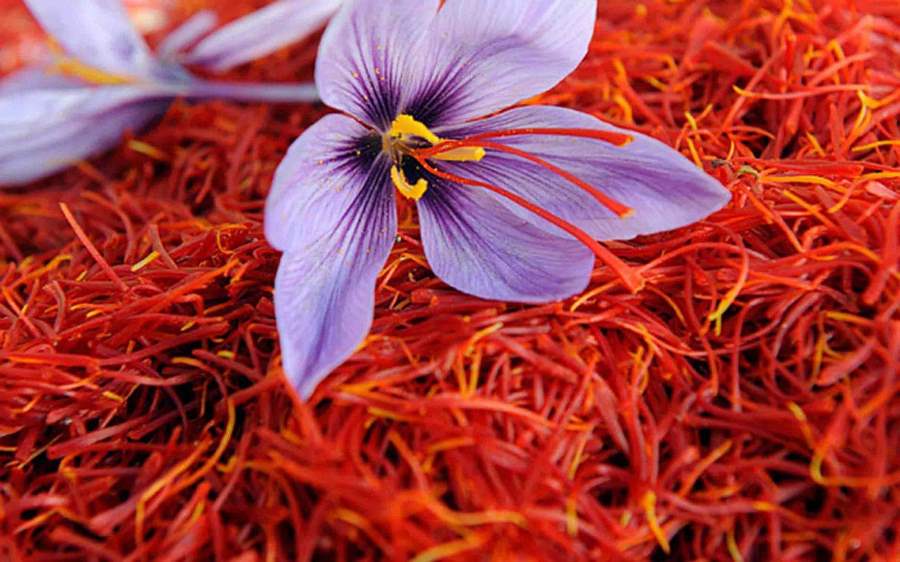Officials from Herat’s agriculture department say that saffron production in the province has decreased this year compared to last year.
Pir Mohammad Halimi, head of the agriculture department, said due to the drought and lack of water saffron fields in the province have been less productive.
“Around 10 (metric) tons of saffron have been harvested this year and are expected to increase in the future,” he said.
Meanwhile, some farmers in Herat province said that last year they harvested more than 20 metric tons of saffron, but this year due to the drought they harvested only 10 tons, which is a 50% decrease.
“Compared to last year, and due to the drought and low rainfall, our product has decreased a lot,” said Abdul Ahmad, a farmer.
The National Saffron Workers Union (NSWU) said that the price of saffron has tripled this year compared to last year, but Afghanistan’s saffron exports are still stalled. According to the union, since the political change in August 15 saffron exports have been halted.
“After the political change in the country, there has been no way out to export our products and this is a problem,” said Abdul Shukoor Ahrari, head of the union.
In the meantime, during the saffron harvesting season, a temporary job is provided for hundreds of women and girls and most of the products is collected by them. The women and girls said they are happy that they have a job and can help their family financially.
“It is very good for us economically. In the morning we go to school and when we come back from school we clean saffron flowers,” said Saliha Ahmadi, a saffron worker.
“This is very good for us, so that we can have an income. And through this we can solve our families’ financial problems,” said Hayedah, a worker in a saffron field.
Currently, women and girls have very significant role in the processing and preparation of saffron in Herat province. Many processing factories are run by women.
“Most of the men are unemployed, this is a very good job for us. Through this we can solve both our own problems and our family’s problems,” said Shabana Nazif, a saffron processor.
According to statistics, more than 90% of the country’s saffron is harvested in Herat, which for the third time has been selected as the best saffron in the world.
The International Taste & Quality Institute in the Belgian capital of Brussels named Afghanistan’s saffron the best in the world in 2015, after sampling around 300 kinds.
